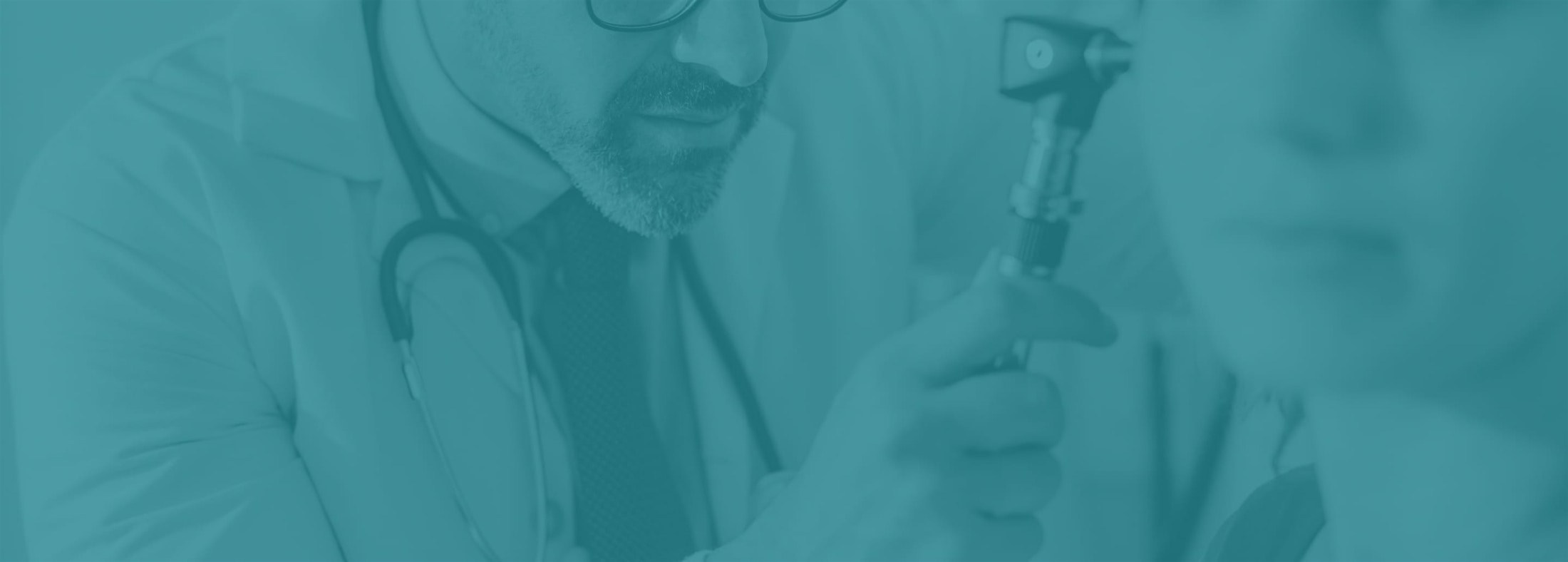Snoring affects about 45% of people at least occasionally. If your snoring is keeping you or your partner up and you suffer from daytime sleepiness, it may be a symptom of sleep apnea.
What Causes Snoring?
You snore when you have an obstruction to the flow of air at the back of your mouth and nose. The tissue where your tongue and upper throat meet the soft palate and uvula may become obstructed by collapsed muscles, naturally narrow airways, or due to inflammation from a cold.
Occasional snoring, such as when you have a stuffy nose, is not dangerous. However, if you snore chronically, it could disturb your sleep as well as your partner’s sleep, and it may signal obstructive sleep apnea.



